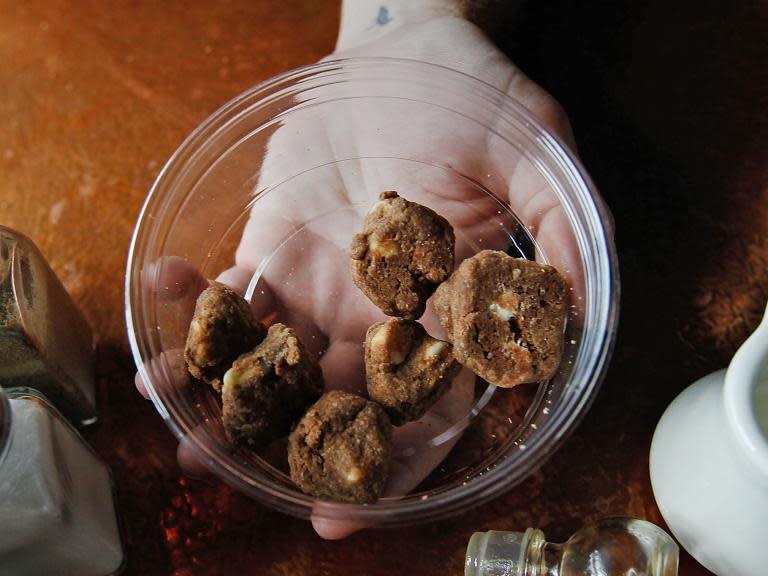Cannabis-linked emergency room visits trebled after Colorado legalisation, study shows
Cannabis legalisation in Colorado has led to a threefold increase in hospital emergency room visits, according to a new study.
It also found that people who used edibles like pot brownies were 33 times more likely to end up in A&E than those consuming the drug in other ways like smoking and vaping.
Edibles were also more likely to trigger visits for mental health episodes and heart problems, compared to cannabinoid hyperemesis – acute nausea – which was most common from inhaled marijuana.
“The larger proportion of acute psychiatric visits associated with edible exposure is troubling given the capacity of THC to cause or exacerbate psychosis and the risk for violent behaviours linked to cannabis associated psychosis,” the authors of the study published in the journal Annals of Internal Medicine, found.
The study looked at nearly 10,000 patients who had a cannabis related A&E visit between 2012 and 2016 and compared changes after recreational cannabis became legal in January 2014.
While cannabis emergency visits rose in 2012 and 2013 this accelerated after the legalisation of both inhaled and ingested cannabis.
While edibles accounted for just 0.32 per cent of cannabis products sold, they caused more than one in 10 hospital visits, the study found.
Drug policy experts said these findings are important as, after decades of prohibition, many US states are relaxing marijuana laws.
California became the first state to approve the drug for medical use in 1996, while Colorado was the first of 11 states which currently allow recreational use.
Last year Canada followed suit by legalising cannabis nationwide and the UK approved some limited prescribing of medicinal cannabis – though patients are yet to see significant benefits.
The study's authors said educating users on concentrations of THC – the active ingredient that causes cannabis’ high – as well as other compounds like CBD – which can mitigate THC’s effects – when smoking could minimise A&E visits.
This is particularly true for edibles where the delayed and longer lasting effects of the drug increase the chances of inadvertently taking a larger dose.
Edible-related emergency room visits were more common among tourists suggesting that naive users might be more at risk.
This could should be considered by policy makers, as well as the increased risk of children accidentally eating them, the authors said.
Dr Nora Volkow and Dr Ruben Baler of the National Institute on Drug Abuse, Maryland said it was important that research didn’t just focus on medical benefits but on potential harms
“These findings also underscore the urgent need for greater oversight of manufacturing practices, labelling standards, and quality control of cannabis products marketed to the public,” they said in an editorial published alongside the study.
A study last week showed a third of psychosis cases in London could be attributed to more potent modern strains of cannabis which abound in the UK.

 Yahoo News
Yahoo News 

